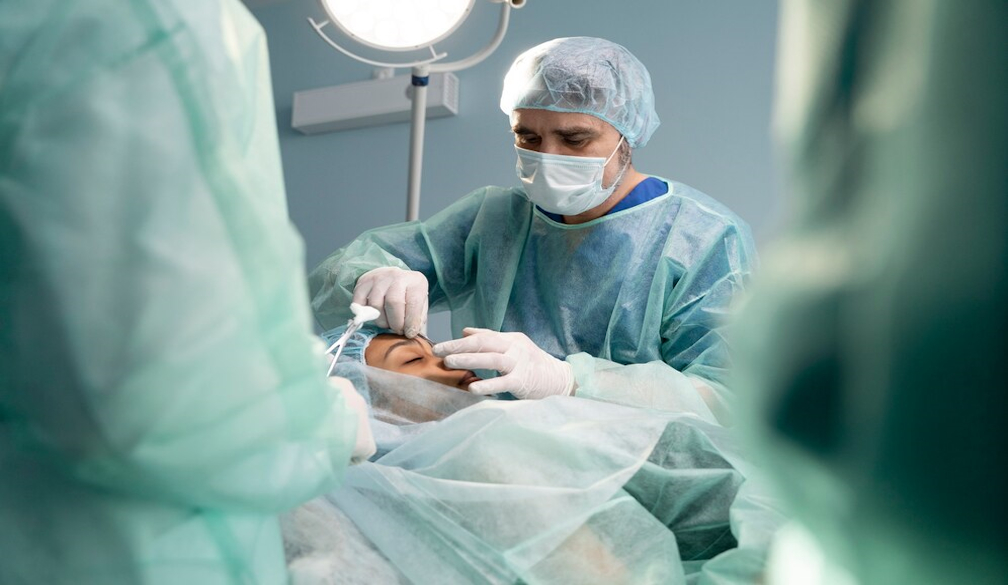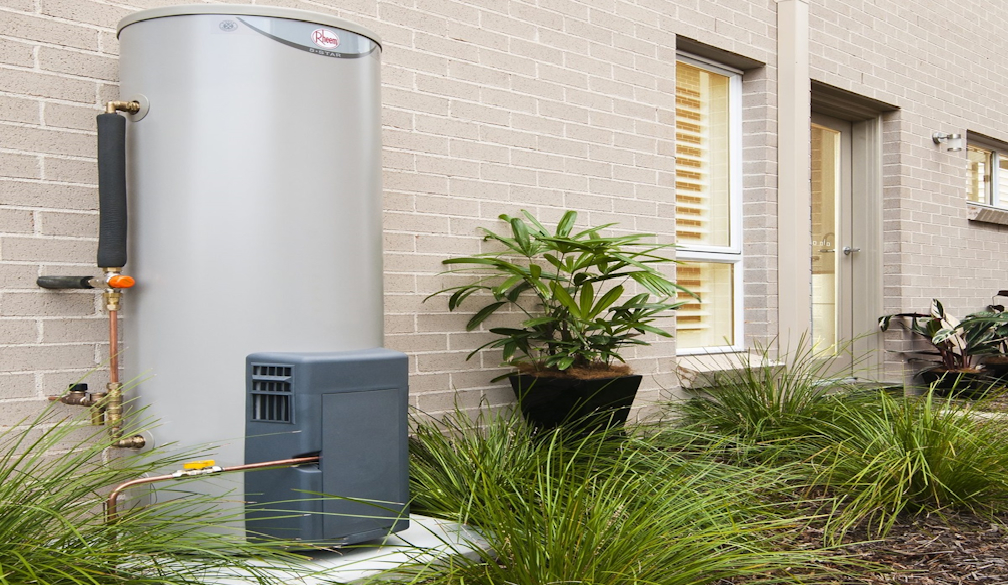Reasons why you shouldn't go abroad for surgery
- Written by News Feature Team

Cosmetic surgery is a big decision that, like any kind of surgery, should go as smoothly as possible. The choice more and more Australians are making to go overseas for treatment is often not worth the seemingly lower price tag. A study by Australian researchers found that, of 103 surveyed, one in six patients had complications from overseas surgery. The holiday glitz and cheaper cost doesn’t quite match up with the sometimes serious consequences.
The cost
The main drawcard for travelling overseas is saving money. With many surgeries costing thousands of dollars less abroad, upfront fees may be deceptive. What does that price tag actually cover? Just the procedure itself, or the hospital bills, surgeon, and anaesthetist as well? This may be especially hard to ascertain if the country you're visiting is non-English speaking and you're working off translated documents. Going overseas also means adding the cost of flights, accommodation and food to your stay, so the numbers keep climbing. Patients that suffer complications or need after-surgery care may end up paying more than the appealing price tag indicated. Your best option is choosing a qualified plastic surgeon in Australia, working through a reputable clinic like Cosmetic Surgery for Women.
The risk
Aside from the aforementioned complications, there is so much to consider when choosing a plastic surgeon. Pre-surgery meetings become much harder when the surgeon is in another country, and many travellers speak of only meeting their surgeon on the day of their operation. This limits the control you as the patient have, making it impossible to assess standards of care and basic procedures before deciding. Furthermore, the healthcare standards in Australia are internationally esteemed, so the equipment overseas may not be up to the same standard. Relying on reviews from other patients assumes a lot about their personal situation and treatment. There can also be potentially harmful differences in medical limitations — one patient spoke of fat being pumped from her body that was more than double the Australian limit of 5 litres. To make matters worse, even the trip home is dangerous. Residual air trapped in surgical wounds may expand in lower-pressure environments such as an aircraft cabin, so jumping on a flight too soon after surgery could be risky.
The support systems
Cosmetic surgery, despite the glamorous reputation, is just like any other kind of surgery. Most people would never dream of combining an overseas trip with going under the knife, yet society's laidback opinion of cosmetic surgery leads us to consider it equivalent to a trip to the spa. The most important thing for someone after surgery is having a support network with them in the worst-case scenario where their recovery is rougher than expected. Would you rather be somewhere familiar and comfortable after surgery or have to rely heavily on a foreign healthcare system? Family and friends can pamper you just as much as a hotel can, and can help you avoid being left in substantial debt.
The urge to treat cosmetic surgery like a snapshot in your holiday photo album, or secure the cheapest price at possible detriment to your health, is an understandable one — we all want the quickest, most painless option. Weighing up all the possibilities is definitely a habit to keep up. But being careful with your body will give you the best long-term satisfaction while still getting the amazing change you want.




